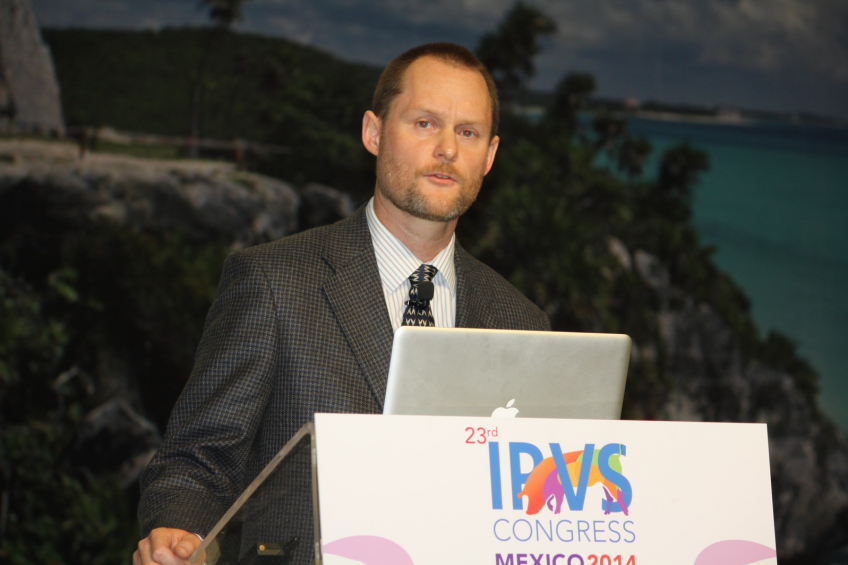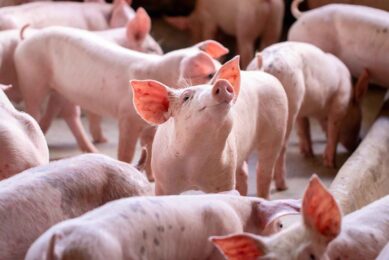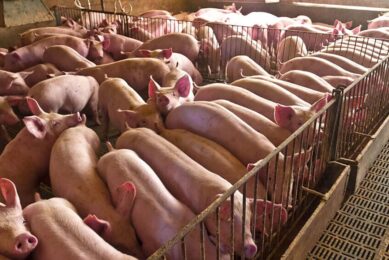Vets say: Feed and biosecurity need attention

Feed and biosecurity have been named as top practice areas that need attention and change in order to decrease the risk of catastrophic emerging, transboundary animal diseases.
This was stated by Prof Dr John Harding, University of Saskatchewan, during the opening lecture of the 23rd IPVS Congress in Cancún, Mexico, held 8-11 June. He asked his fellow veterinarians to answer the question to identify the top practices that should be stopped and presented the outcomes in Cancún.
He said, “When asked what we should ‘stop’ doing, activities pertaining to feed and biosecurity were the most frequent and accounted for about 35% of all suggestions. Pertaining to feed, there was clear support for stopping the importation of ingredients from high risk countries, implementing minimum quality control standards, eliminating swill feeding in countries that permit or condone this activity, and discontinuing the feeding any rendered pigs or byproducts back to pigs.”
He continued to say, “Biosecurity ranked second highest amongst the “stop themes”, and most comments were primarily targeted at producers. Specific suggestions included measures to stop direct and indirect contact between commercial pigs and wildlife including wild boars, stop ignoring widely accepted biosecurity guidelines, stop introducing live animals into production units without quarantine, stop live pig exhibitions, and stop transmission associated with international travellers, visitors and biological souvenirs.”
Harding also mentioned four other themes that often were mentioned, between 9-15% of all responses worldwide: Transportation, government responses, trade and industry practices.
As most practice that veterinarians should ‘start’ doing, the top ranked theme was biosecurity, accounting for 18% of all suggestions, respectively. Suggestions pertaining to biosecurity expectedly pertained to the implementation of improved protocols as discussed above, as well the need for more education for producers and staff.
As most significant diseases or pathogens threatening the global swine industry, most respondents pointed to PRRS, followed by PED and African Swine Fever.
Join 18,000+ subscribers
Subscribe to our newsletter to stay updated about all the need-to-know content in the pigsector, three times a week. Beheer
Beheer










 WP Admin
WP Admin  Bewerk bericht
Bewerk bericht